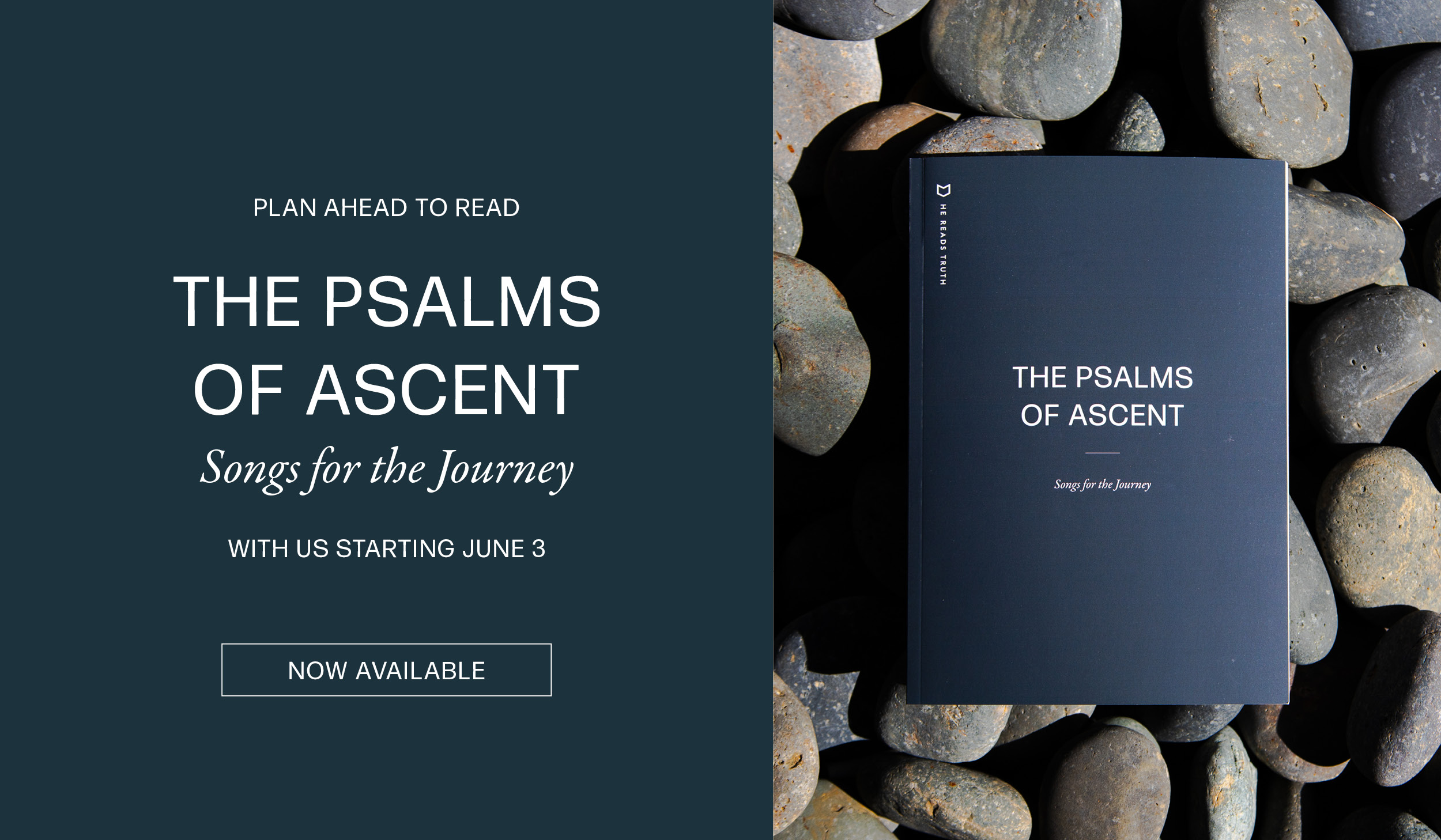By Barnabas Piper
When we read the Old Testament, it is so easy to get so caught up in the particularities and oddities of a story that we miss the primary point. We get befuddled because these stories and commands fall far beyond our modern, Western sensibilities. We can miss the fact that Israel’s religious practices and laws were put in place by God for specific reasons. We often read our context and comfort levels into the text and miss what God intends to tell us. Ezra 9 is an instance where we can easily make this mistake.
When Ezra discovers that the Israelites who had returned from exile intermarried with the nations around them, he was devastated. He responded with mourning and humiliation before God because of their sin. He then intercedes with God on behalf of the people in a prayer of corporate confession, saying, “Our iniquities are higher than our heads and our guilt is as high as the heavens. Our guilt has been terrible from the days of our ancestors until the present” (Ezra 9:6–7). So he connected this sin of intermarriage to the sins of Israel over centuries that broke the covenant with God and led to their exile. This is serious business.
But what is the sin? This is where it is easy for us to miss the main point about intermarriage. It is not an issue of nationality or ethnicity. It is about the holiness of God’s people. Ezra is horrified that “the holy seed has become mixed with the surrounding peoples” committed to “detestable practices.” Not only that, the leaders of Israel—those who were to guide and shepherd the people—led them in this rebellion against God (vv.1–2). Israel was exiled because they refused to follow God’s commands and thus be set apart as a holy nation. And here they are, the moment they are restored, doing the same thing again.
Notice, though, how Ezra’s prayer resembles David’s prayer in Psalm 130:1–4. It starts from the depths. It acknowledges God’s holiness. It looks to God’s mercy and grace. It moves from desperation to dependence and is a prayer of hope. Ezra is confessing and asking for forgiveness from his holy God, with whom there is forgiveness and whose name will be revered.
It’s easy to look at passages like this and feel disconnected from them like they are so foreign, even when we see the main point. But consider that the God of the Old Testament is the God of the New Testament too. He did not change His character or His desires or His holiness. Rather He sent His Son to make way for us to be holy. So when we read 1 John 1:5–10 and see that there is no darkness in God and we too are called to walk in the light, it is the same aim as the prayer of Ezra. And we are not hopeless or crushed by the command to be holy; we have Christ. And “if we walk in the light as he himself is in the light, we have fellowship with one another, and the blood of Jesus his Son cleanses us from all sin” (v.7).


Post Comments (2)